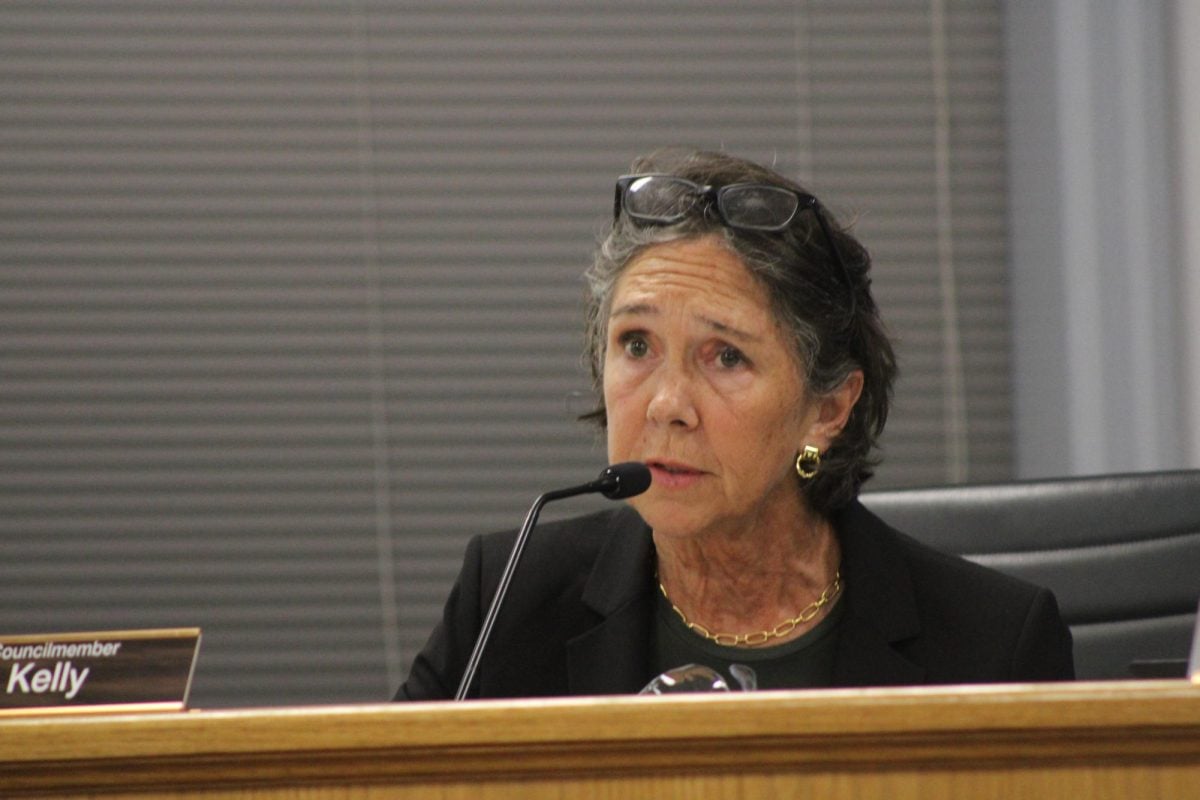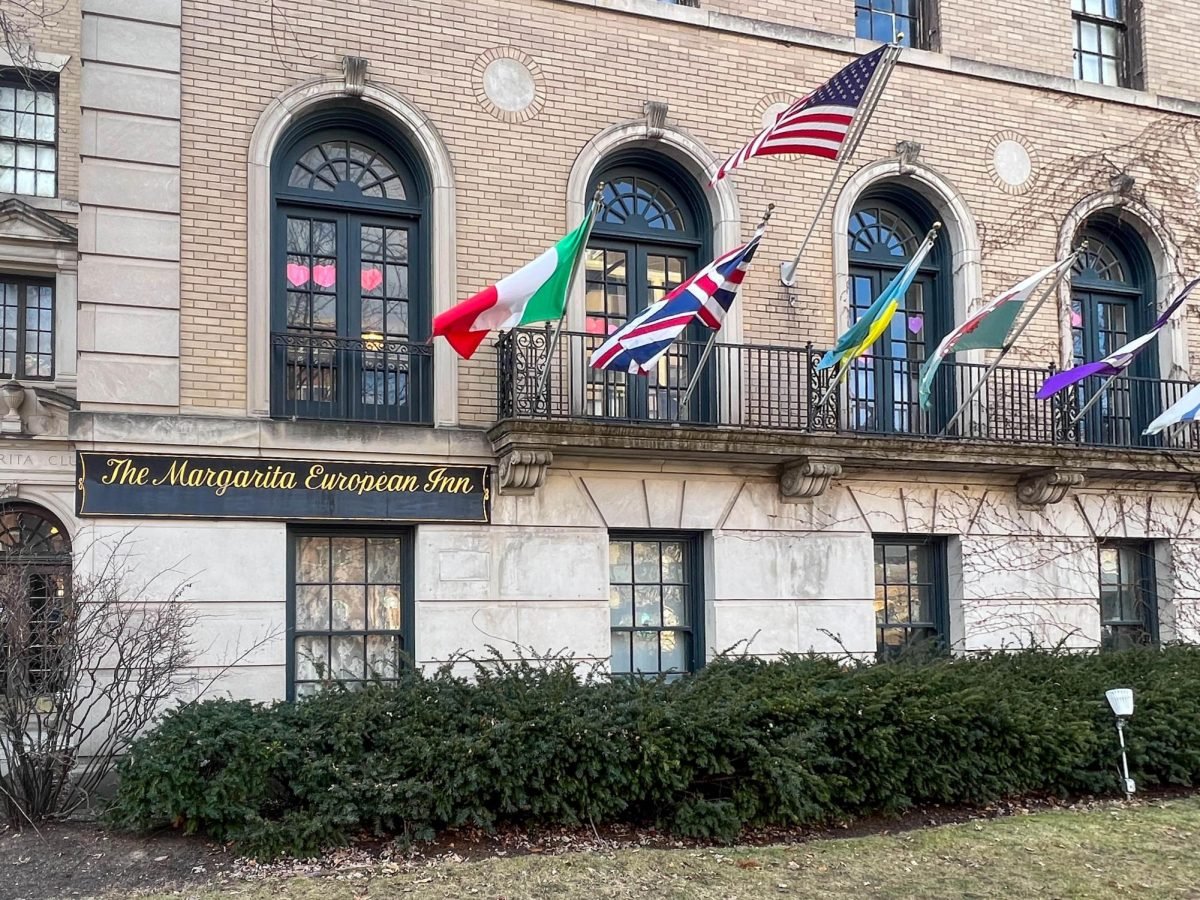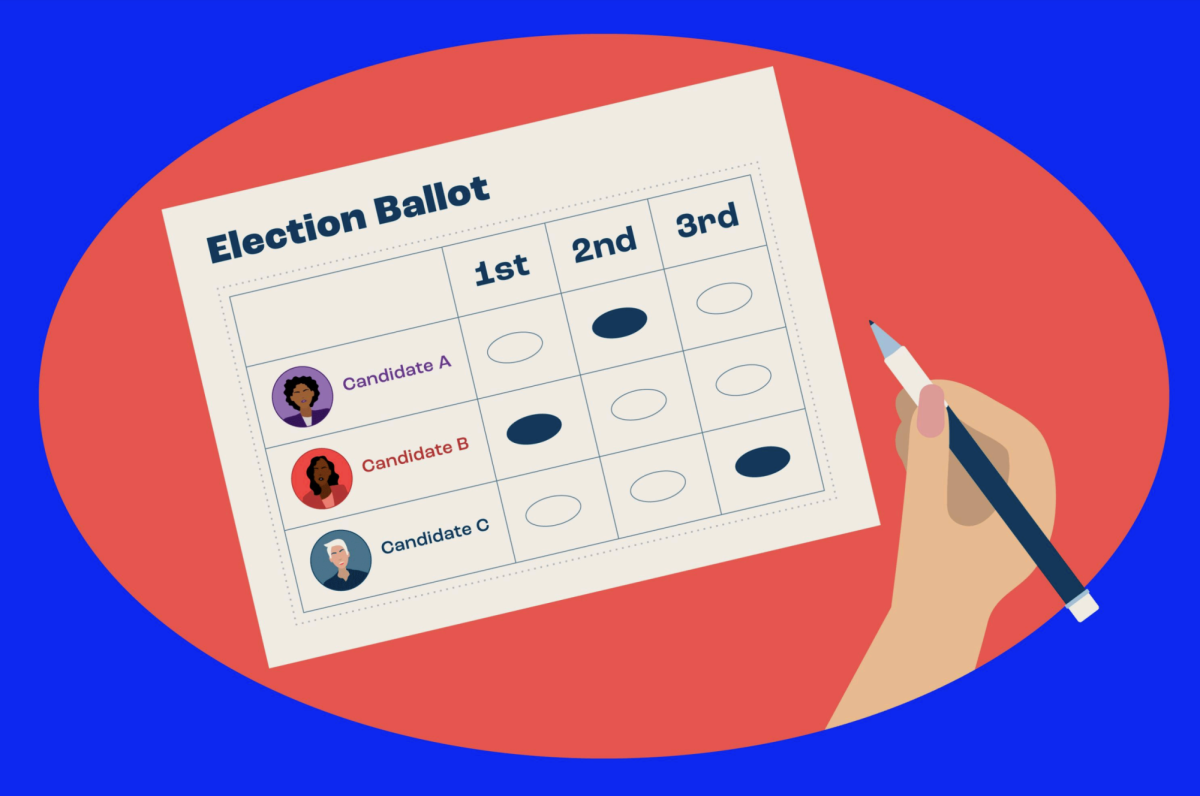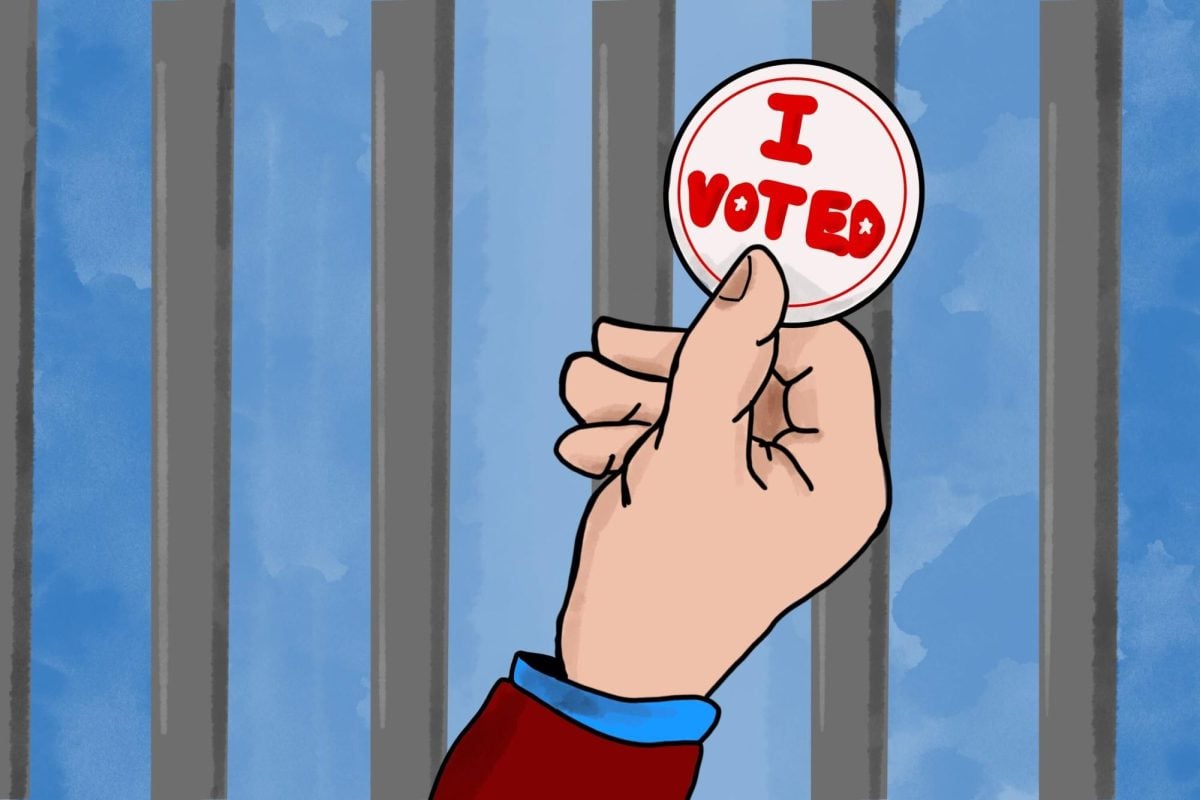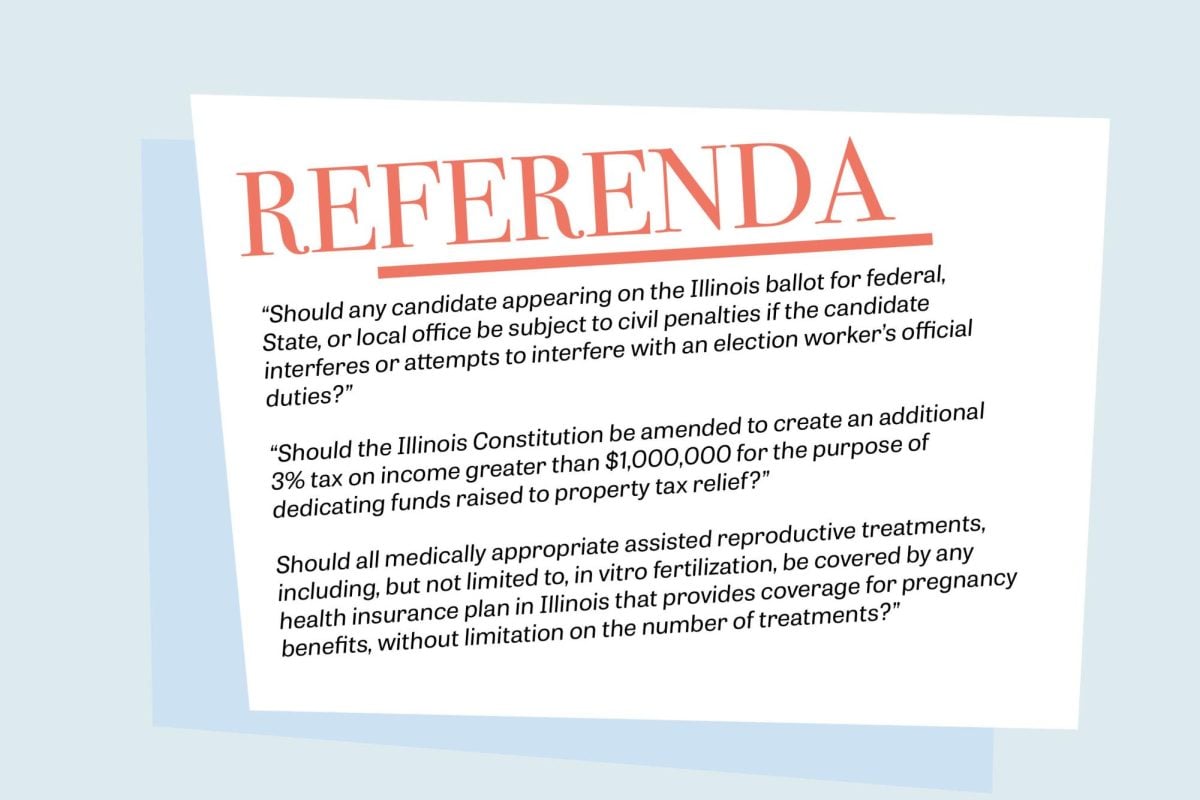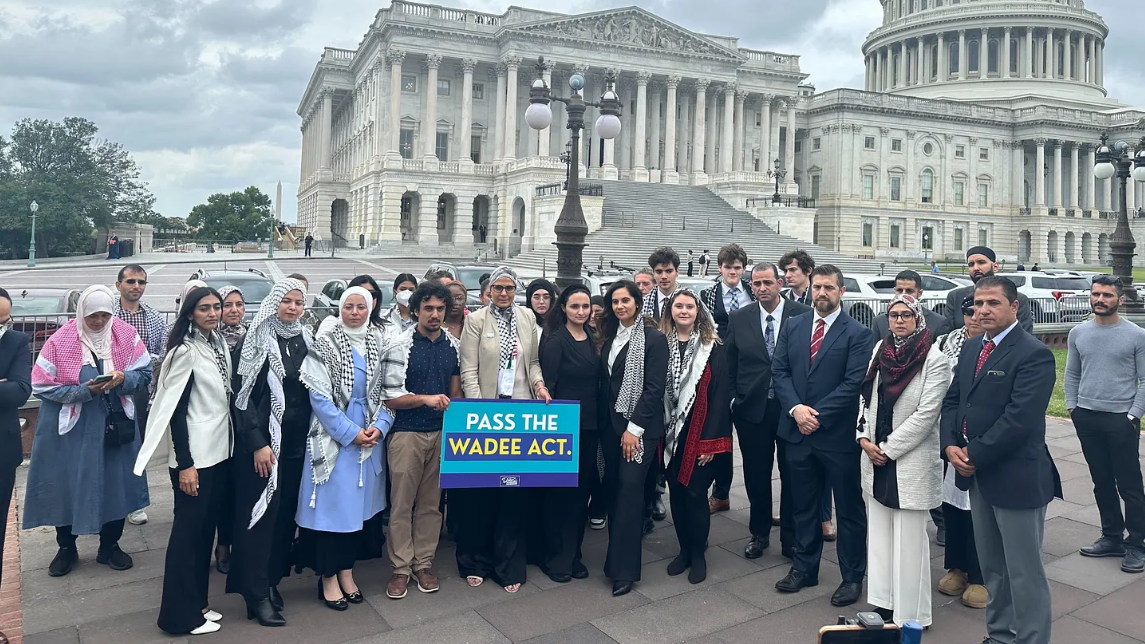Evanston Mayor Elizabeth Tisdahl signed a letter last week urging Illinois congressmen to pursue comprehensive immigration reform.
Tisdahl joined 20 other mayors from across the state in the petition, which was sent to lawmakers Oct. 23. Chicago Mayor Rahm Emanuel led the effort with the support of FWD.us, a lobbying group started by tech leaders including Facebook founder Mark Zuckerberg to advocate for new immigration and education laws.
The letter emphasizes the economic benefit of relaxing immigration policy, pointing out that the state’s unemployment rate is about 2 percent higher than the national average. Nearly one in 10 Illinois residents was unemployed as of August, compared to 7.3 percent of Americans, according to the U.S. Bureau of Labor Statistics. Unemployment is higher in Chicago, with a rate of 11.2 percent as of July.
“We cannot hope to achieve the growth necessary to repair the damage done by the recession without bringing 11 million people out of the shadows and fully integrated into our economy,” the letter reads. “We also cannot stand by while our high-skill and low-skill visa programs operate so ineffectively giving our businesses little assistance in finding the workers they need to grow.”
The mayors also cite a Center for American Progress study that found immigration reform could create as many as 900,000 jobs and increase the gross domestic product by $1.5 trillion in a decade.
The letter does not outline specific policy initiatives. However, it does acknowledge that lawmakers need a “realistic and fair plan.”
“By the same token, a secure border — a worthy goal that any bill must strengthen — will ensure that we don’t find ourselves trying to tackle this problem again in 10 or 20 years,” the mayors wrote.
This isn’t Evanston’s first foray into immigration reform. Tisdahl is listed as a member of Group of 500, a coalition of Midwestern business and political leaders working on the cause. And University President Morton Schapiro has not been shy about Northwestern’s stake in the debate: In 2010, he signed a letter from nine Illinois college administrators supporting the DREAM Act. That missive also warned of the current immigration law’s dire economical consequences.
“The time is now,” the 2010 letter concludes. “Our economy cannot afford to shun another business owner. Our military cannot afford to spurn another recruit. And our universities should again be institutions where hard work is rewarded without regard to the personal status of our students.”
Email: [email protected]
Twitter: @mcorriston








